With the 2019 Utah Legislative Session having ended on March 14, it’s worth looking at which of the 844 bills will impact Weber State University.

President Brad Mortensen hosted a summary of what went down on The Hill and which bills have an impact on the university.
Tuition increases almost every year following the legislative session, typically depending on how much money the university gets from the legislature. In the academic year 2019-2020, tuition is going up two percent, about $49 per semester.
Senate Bill 2 contained funding for the Noorda building, a new STEM building that will replace the Science Lab next after its demolition. Throughout the session, it was unclear whether the building would receive the full $659,200 from the legislature.
Along with the Noorda building, there will also be a new building on the Davis Campus that begins construction in May 2019. This will be dedicated to the automotive and computer science degrees and certificates available on campus.
In addition to SB 2, SB 102 also passed, which rewrote how universities can apply for funding for new buildings. Sponsored by Senator Millner, the bill outlines that regents will annually allocate amounts for new buildings based on enrollment, performance, projected growth, existing square feet per students, facility age and condition and utilization of academic space.
Based on appropriations to the newly-created “Higher Education Capital Projects Fund”, each university will be able to use the money as it stipulated under the guidelines of the new bill.
Within the legislative session there were 14 passed bills that directly impacted Higher Education and WSU and another seven bills that bills that didn’t pass.
HB 45 calls on the Utah State Board of Regents to facilitate the transfer of credits across in-state institutions that are members of the Utah System of Higher Education. The bill requires that general education classes become defined and have the ability to transfer across institution, so students don’t have to repeat classes they have already completed.
Currently, Concurrent Enrollment is only completely available to grades 11 and 12, with limited availability otherwise. However, HB 146 now allows for all high school students, regardless of age to enroll in CE courses.
WSU offers a “Dream Weber” program that funds tuition for any full-time student who qualifies for Pell Grants and lives in a household with income under $40,000 per year. HB 260 is taking the Regents Scholarship and using that money to fund the “Access Utah Promise Scholarship,” which is modeled after Dream Weber.
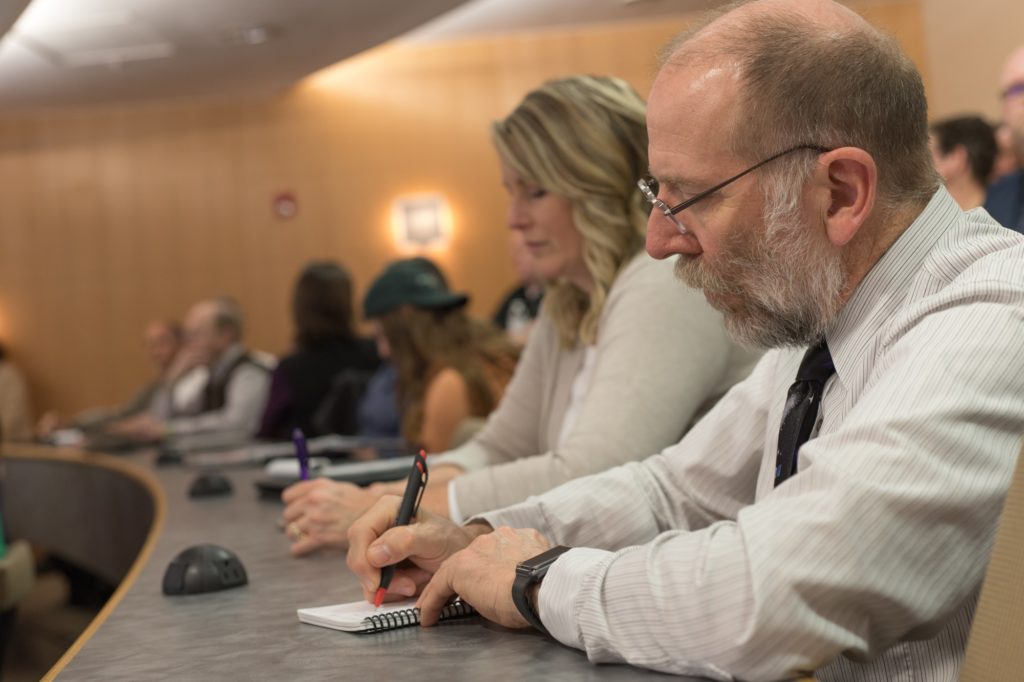
The original bill, fully funded, would have provided the ability to do this on a state level for households who make $50,000 or less annually. The bill was funded for $2,000,000, which will not be enough to fully enact the program this academic year, but the program will begin to make strides toward helping students.
HB 346 concerns campus sexual violence. The bill enacts provisions that will stop and higher education institutions from imposing sanctions on a student for violating the code of conduct at said institution.
The bill comes after the BYU police were decertified for many issues in its department; specifically, a university police officer reporting to the code of conduct office if drugs or alcohol were used in a sexual assault report, which then resulted in the office expelling students because of the drug or alcohol use, punishing those who reported sexual assault on campus. The department did not conduct an investigation regarding the allegations against them, and was then decertified.
Under HB 391, Section 2, the bill prohibits an employee of the higher education institution to have any sexual encounters with a student whose education could be compromised by the relationship.
Many of the other 14 passed bills had minor impacts on Weber State, and those can be found at the Utah State Legislature site. The seven bills that did not pass would have had impacts on Weber and can also be found on that site.







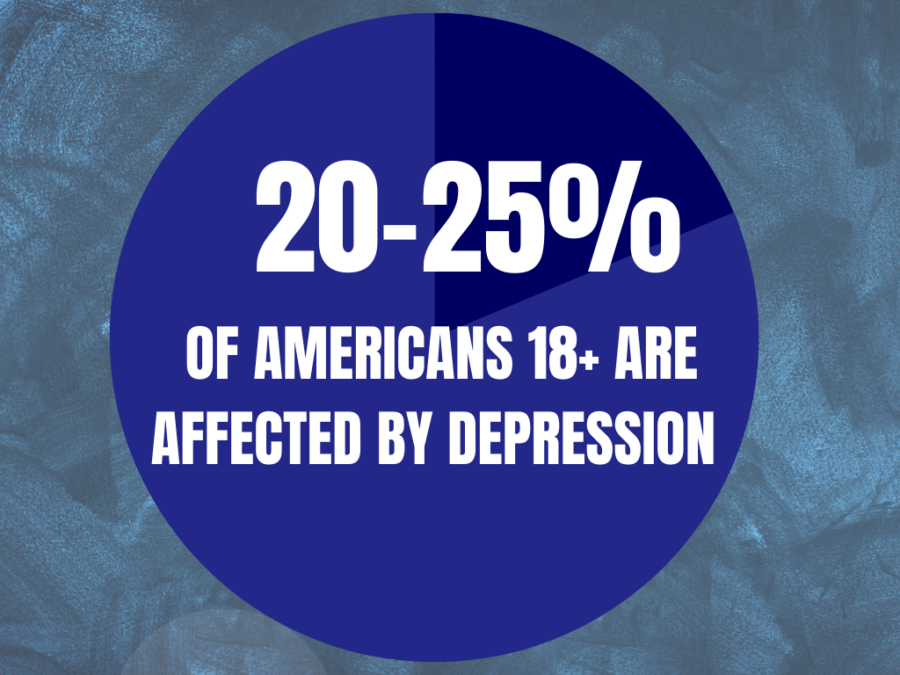


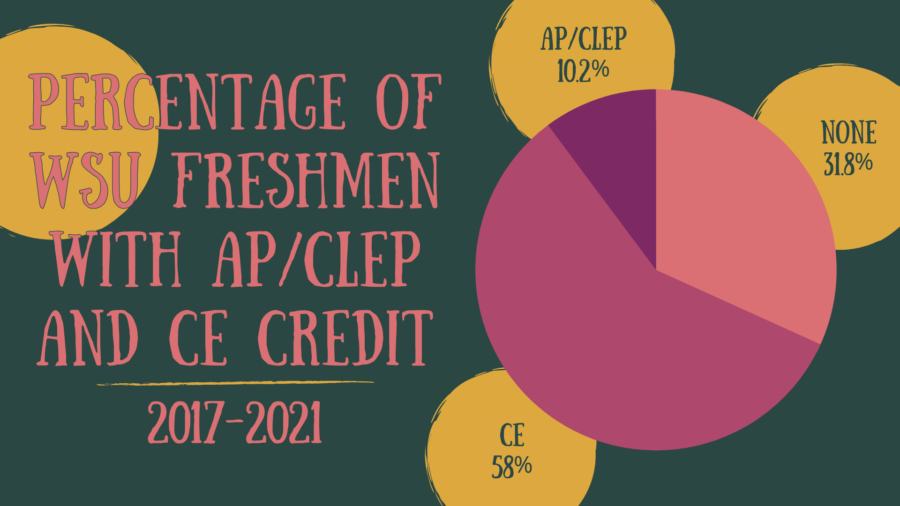


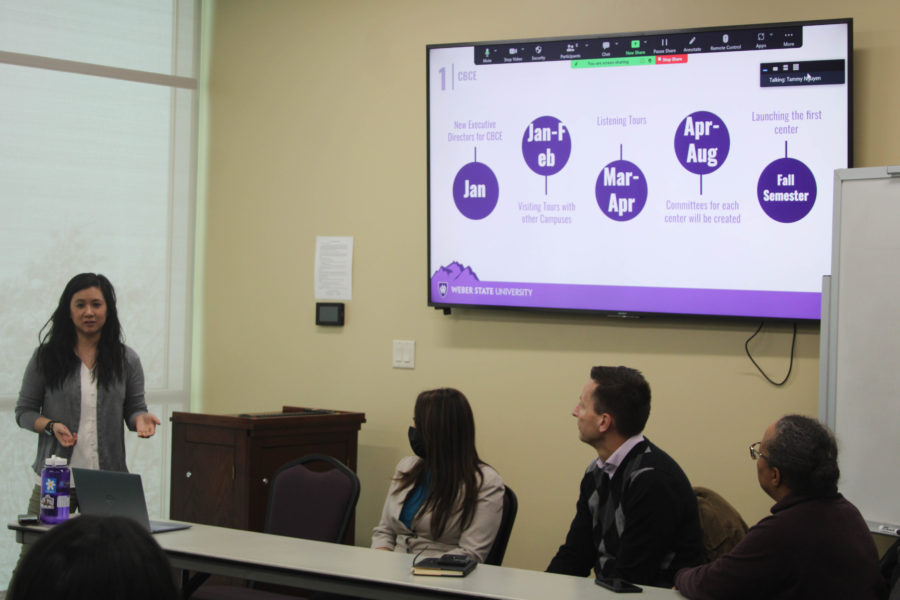
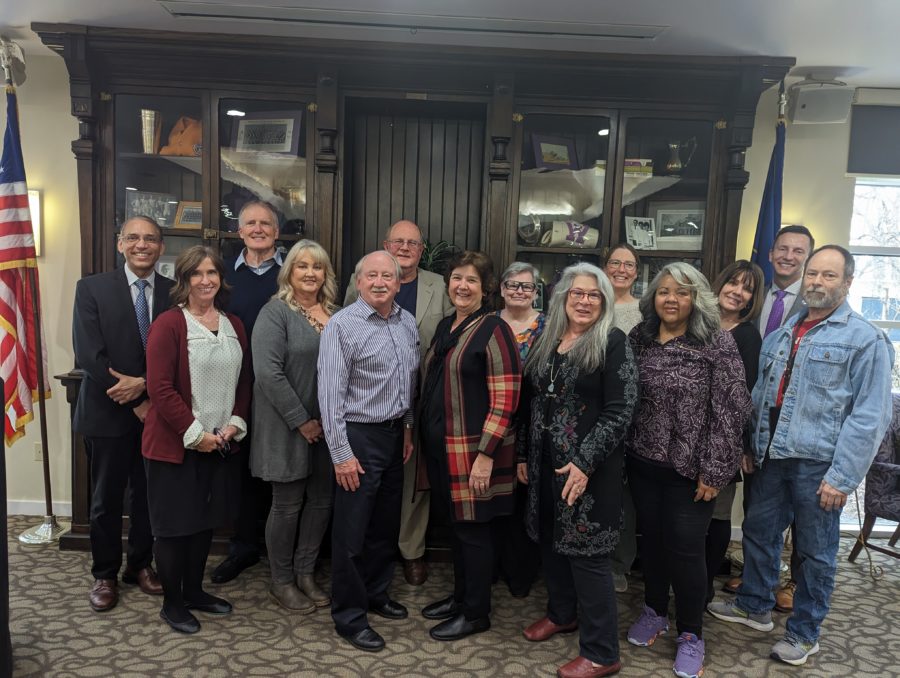
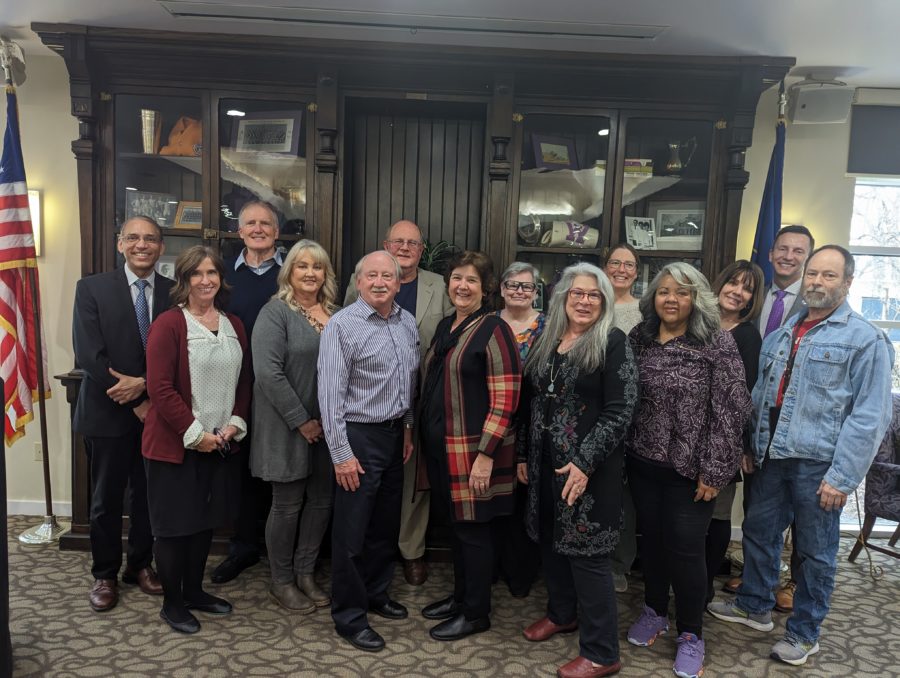
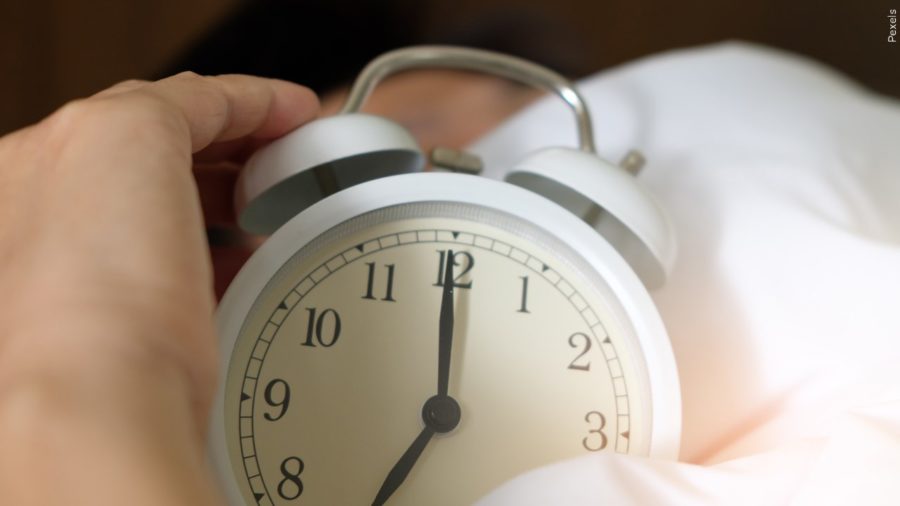
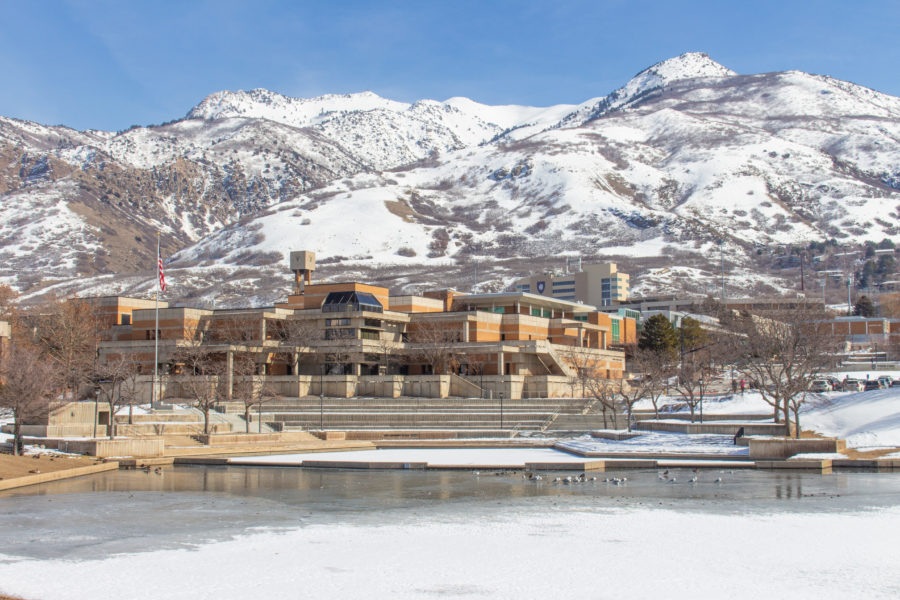

Clayton Anderson • Mar 21, 2019 at 4:57 pm
The Noorda building will replace the Tech Ed building, not the Science Lab.